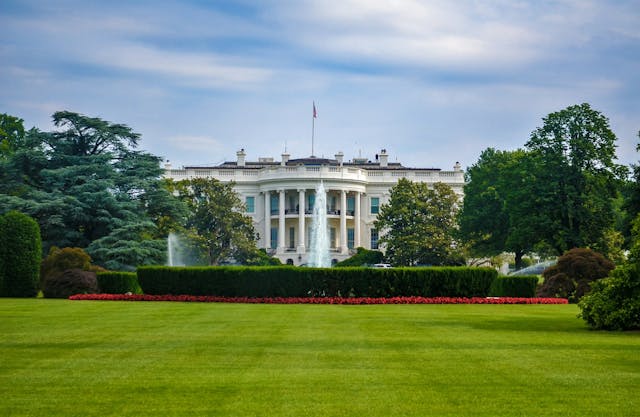Donald Trump's Health Care Secretary Wants to Save You Some Money

President-designate Donald Trump named his Secretary of Health and Human Services this week, picking Rep. Tom Price, a conservative Republican congressman from Georgia and a former practicing orthopedic surgeon of twenty years.
"Chairman Price, a renowned physician, has earned a reputation for being a tireless problem solver and the go-to expert on healthcare policy, making him the ideal choice to serve in this capacity," Trump said in making the announcement official early Tuesday.
The pick drew ire from supporters of President Barack Obama's signature legislative accomplishment, The Patient Protection and Affordable Care Act, commonly known as Obamacare. Price is one of the most outspoken critics of Obamacare in Congress, and among the most serious about repealing and replacing it.
As Price told Reason Magazine in an interview in 2013:
"Health care is complex. Most individuals kind of have their topline talking points. But if they're asked any questions beneath that veneer about the practicality or logistics of providing care and the consequences of whatever system you're recommending, it becomes very difficult to answer any of those questions in a normal talking-points kind of language… Once you drill down a bit, people become a bit uncomfortable."
Yet unlike many House Republicans who criticize Obamacare in broad terms and brief statements of principle, without many specifics on what they would propose instead, Price has a detailed alternative already in legislative form to repeal and replace Obamacare -- a 250-page bill titled, The Empowering Patients First Act.
Price's bill has not been assessed by the nonpartisan Congressional Budget Office, but former CBO Director Douglas Holtz-Eakin wrote a review of the legislation for the American Action Forum, estimating that Price's proposals would:
1) Yield a net savings of $2.3 trillion over ten years.
2) Increase the number of insured by 29% in two years.
3) "Lower premiums in all categories of insurance except high deductible health plans" in two years.
4) Lower the cost of high deductible health plans by 6% in ten years.
5) And "yield substantially lower premiums than current law in all insurance product categories with savings up to 19 percent for single policies and up to 15.1 percent in savings for family policies."
What a ringing endorsement of Tom Price's thinking with regards to reigning in the ballooning costs of health insurance, especially considering the source -- a former CBO director. If Holtz-Eakin's projections are correct, this bill would do one of the main things Obamacare promised to do.
This may come as good news one month after the Obama administration admitted that health insurance premiums are actually rising under Obamacare, with a U.S. Department of Health and Human Services report stating that insurers are going to raise premiums by an average of 22% in 2017. That's after a 7.5% increase in premiums in 2016.
With results like that, naming Obamacare the Affordable Care Act is a bit of a misnomer, and if the name weren't already taken, it might be a more fitting name for the health care proposal of Donald Trump's new secretary of health.



